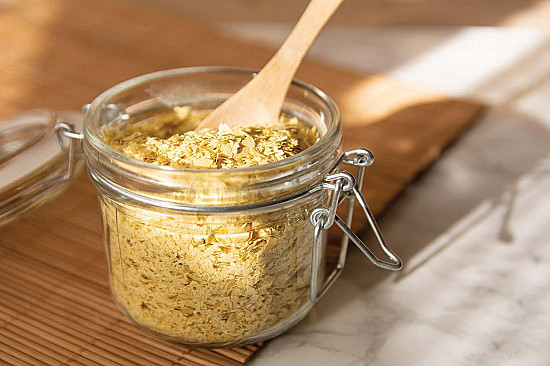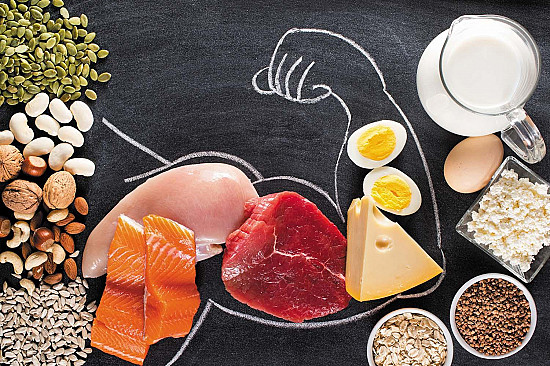Seed of the month: Pumpkin seeds

Pumpkin seeds are flat, oval seeds with a nutty, slightly sweet flavor. If you're up for a labor-intensive challenge, you can scoop the cream-colored whole seeds from inside a pumpkin, separate them from the stringy orange flesh, rinse, and then try one of the many suggested tricks to remove the olive-green seeds from their shells. These include boiling or roasting the seeds and using various tools, from a rolling pin to a food processor. Or you can simply buy the already-shelled seeds, which are also known as pepitas.
Pumpkin seeds are one of the best natural sources of magnesium, a mineral that's important for keeping blood pressure in check. They're also a good source of several other minerals, unsaturated fats, and fiber. For an extra fiber boost, you can even eat the whole seeds with the shells intact: toss with a little olive oil, spread on a cookie sheet, and bake at 300° F for 30 to 40 minutes.
You can also lightly toast raw pepitas and add them to salads, soups, breads, muffins, grain dishes, or trail mix. Some stores carry pumpkin seed butter (similar to peanut butter) and Pumfu, a product similar to tofu but made with pumpkin seeds instead of soybeans.
Image: © wmaster890/Getty Images
Disclaimer:
As a service to our readers, Harvard Health Publishing provides access to our library of archived content. Please note the date of last review or update on all articles.
No content on this site, regardless of date, should ever be used as a substitute for direct medical advice from your doctor or other qualified clinician.















